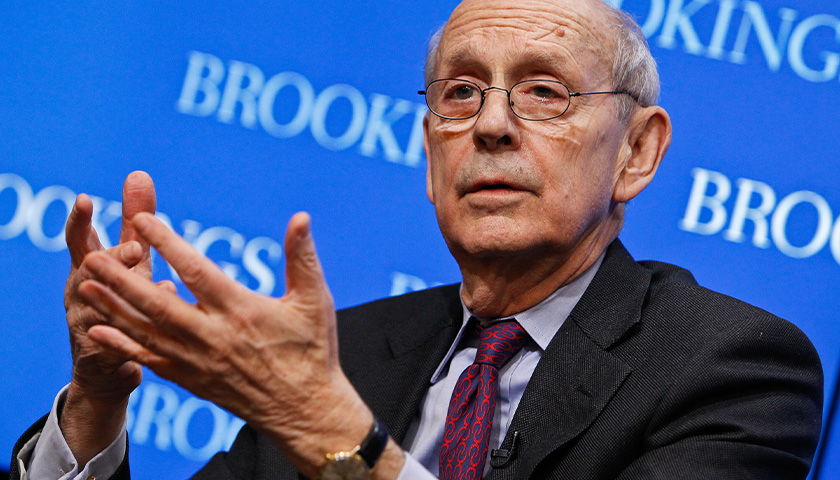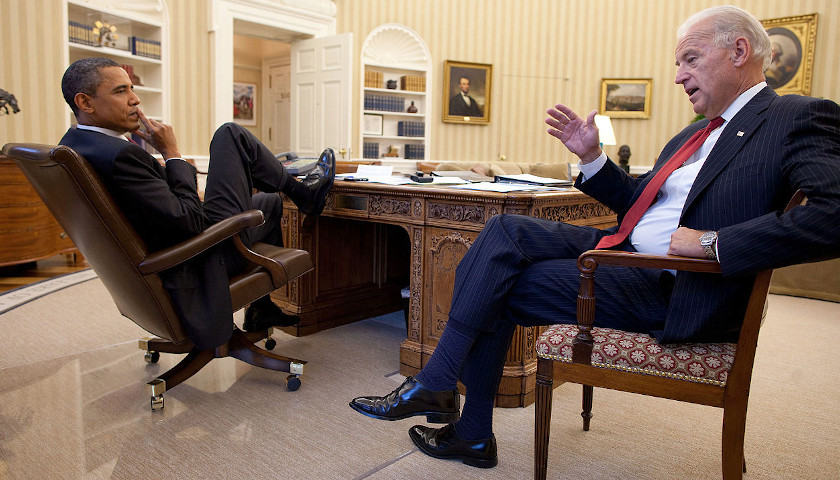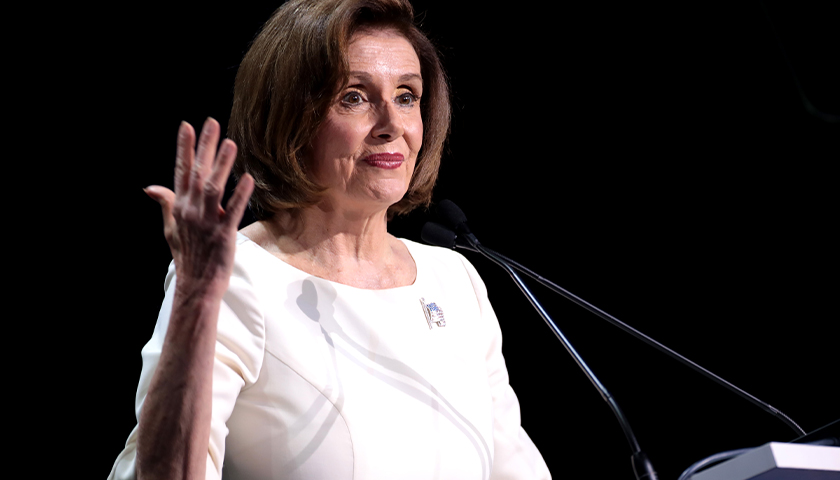Wednesday’s announcement by Supreme Court Justice Stephen Breyer that he would be retiring at the end of the court’s current session has raised the obvious question of how contentious the battle over his replacement will be.
One thing is almost certain to be true: No matter who is nominated by President Joe Biden, there will be no 87-9 favorable vote – the tally when Breyer was nominated by Bill Clinton in 1994. Though there were occasional exceptions in the decade prior to Breyer, his vote totals were not unusual in that era. Antonin Scalia was approved 98-0, Anthony Kennedy 97-0, and Ruther Bader Ginsburg 96-3. However, no Supreme Court nomination since Breyer’s has received fewer than 22 negative votes, the number against Chief Justice John Roberts in 2005.
That was the year Democratic Senator Chuck Schumer (now majority leader) urged that senators should vote explicitly on the basis of candidates’ ideology rather than simply their qualifications. In reality, ideology had been the primary driving factor behind the rejection of Robert Bork’s nomination in 1987 and the tough, though ultimately successful, fight over Clarence Thomas’ nomination in 1991, but most opposing senators had attempted to preserve the fiction that judicial temperament or scandals were behind their “no” votes. Schumer opened the door to unabashed ideological and partisan warfare, and subsequent votes on Supreme Court nominations have shown it.
Read the full story













